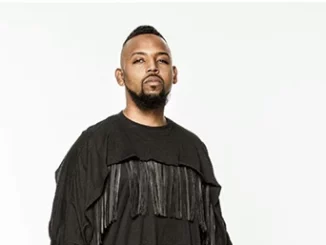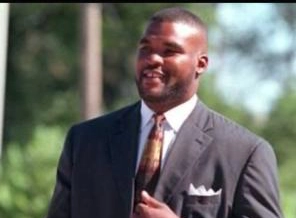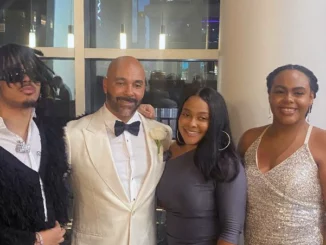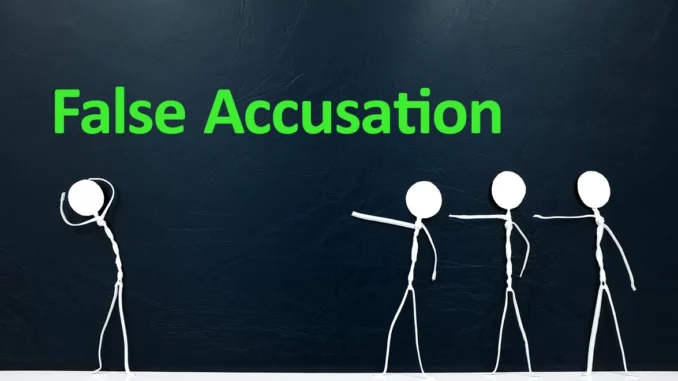
By Patrick C. Graham, Ph.D.
With the recent death of Carolyn Bryant Donham, the accuser of Emmett Till, more conversations about the falsehoods of her accusations are prominent in various forms of media. As a result of the recent attention to the Till case, the Emmett Till Anti-Lynching Act was signed into law last year, infusing the prosecution of hate and lynching crimes with the federal government’s weight. While the overdue legislation is essential, it does not address one of the central issues that caused Till’s death or countless others wrongfully arrested or incarcerated, false accusation. We need a supplement to the Till legislation or a bill that addresses a growing number of wrongful imprisonment and arrest cases impacting thousands in our judicial systems. Black people, particularly Black men, disproportionately represent false accusation victims. These crimes oppose our Constitution and rights to life, liberty, and due process of law.
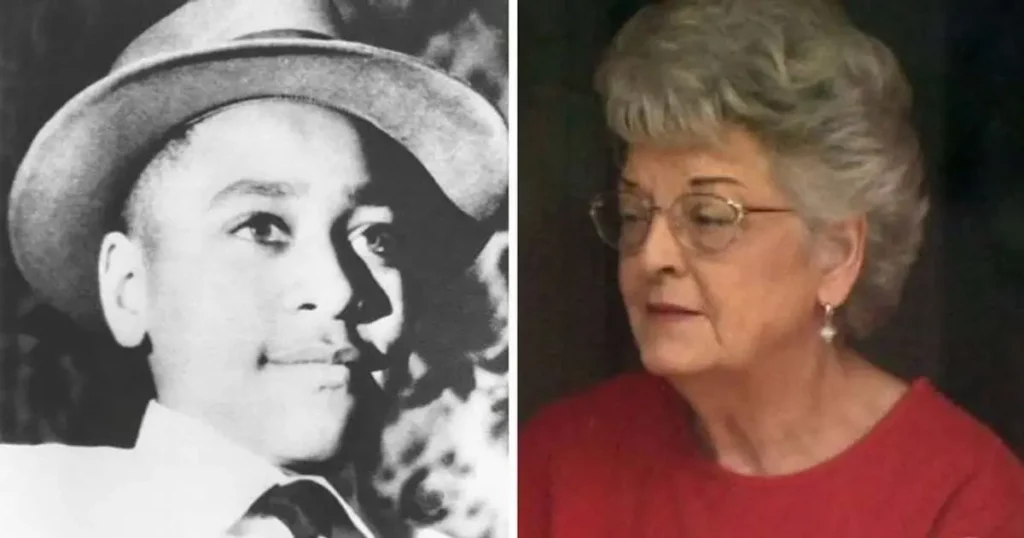
Men and women facing false accusations, arrest under false pretense, or wrongful convictions are growing astonishingly. According to the National Registry of Exonerations (August 8, 2022), a project of the University of California Irvine, Newkirk Center for Science and Society, the University of Michigan Law School, and Michigan State University College of Law, the number of exonerations due to a false accusation or incarceration have increased by 70 percent since 2017. This does not include cases not found in the Registry or others that have yet to surface.
For example, recent studies suggest that wrongful convictions comprise 6 percent of all criminal cases. With over 1.9 million people behind bars, potentially, over 114,000 people are wrongfully incarcerated. Other studies suggest wrongful arrests, and convictions may be as high as 15 percent. The point is that thousands of individuals face false accusations and imprisonment with little effort to prosecute false accusers, address criminal behavior within our police and judicial systems, or negligence that leads to wrongful incarceration or arrest. Unfortunately, much of the reason there is so much apathy may be related to who disproportionately represents most of these victims.
Black Americans comprise 13.6 percent of the U.S. population and account for 53 percent of all exonerations. Though Black men are less than 7 percent of the U.S. population, they make up 94 percent of Black exonerees or 47 percent of all wrongfully convicted individuals. If this were any other racial or gender group, we would consider this an epidemic within our judicial systems. Like Emmett Till, it was easy for the henchman of Carolyn Bryant to kill a Black boy without fear of reprisal. It was equally easy for Bryant to make an accusation she knew could lead to his death.
However, if we allow this magnitude of wrongful arrests and imprisonment to continue, there is a Bryant in all of us. As I said in a previous article, the voices of falsely accused Black men are like “screaming without vocal cords.” We do not hear them. Because we have historically cast Black men as predators regardless of innocence or guilt, we can easily dismiss their suffering, challenges, or cries for help. A false accusation in this context is a form of racial profiling and a racialized-gender injustice against Black men and others. One solution is to ensure false accusers and unethical district attorneys, police, or court officers receive full prosecution.
The missed opportunity in last year’s Emmett Till law was the inclusion of clauses that make particular false accusations and imprisonment by individuals or institutional representatives a federal crime. This type of crime subverts the right to due process in our Constitution’s Fifth and Fourteenth Amendments. The authors of our amendments could not conceive of a world that places individuals on trial before a day in court. They could not imagine that accusations alone could destroy the lives of innocent victims through television and social media. For those facing false charges, this is only the beginning.
Most wrongfully accused, arrested, and jailed victims face challenges to due process within the criminal and judicial systems. According to the Innocent Project, 25 percent of exonerees are false confession victims due to intimidation, deceptive practices, and the fear of harsher sentences, as revealed in the American Bar Association’s Plea Bargain Taskforce Report. The National Registry of Exonerations sites the other 75 percent are a combination of police misconduct, faulty investigations, concealing exculpatory evidence, false statements by attorneys and accusers, and tampering with evidence. All of these issues are influenced by race more than any other factor. Victims of all social categories face these issues at some level. Their lives should mean more to us.
Federal legislation and laws are needed to protect falsely accused and imprisoned victims. The linkages of various forms of abuse within our criminal and judicial systems that contradict the intent of the Constitution are undeniable. If victims were not disproportionately Black men, false accusers and abusers would face more substantial consequences. Carolyn Bryant Donham lived a full life, while Emmett Till’s life was cut short. The symbolism of their lives goes beyond the Jim Crow era. The increase in false accusations and imprisonment in today’s environment has drawn silence in our federal and local legislatures. We can no longer create these types of victims. We must protect them.
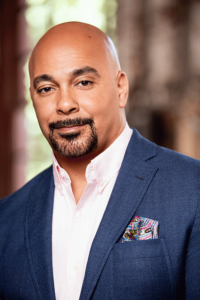
About the Author
Dr. Patrick Graham is an economic justice and policy advocate with over 25 years of executive-level experience in the social and public sectors. He has led regional and national initiatives related to economic and workforce development, housing, justice for false accusation victims, domestic violence, and gender equity. Dr. Graham is the author of several academic essays on the connections between economics, justice movements, media, and policy. He is a proven false accusation and domestic violence survivor. More important, Dr. Graham is an engaged father and husband.
#Dr.Patrick Graham #PatrickGrahamCharlotte #FalseAccusation #Exoneration #Legislation



